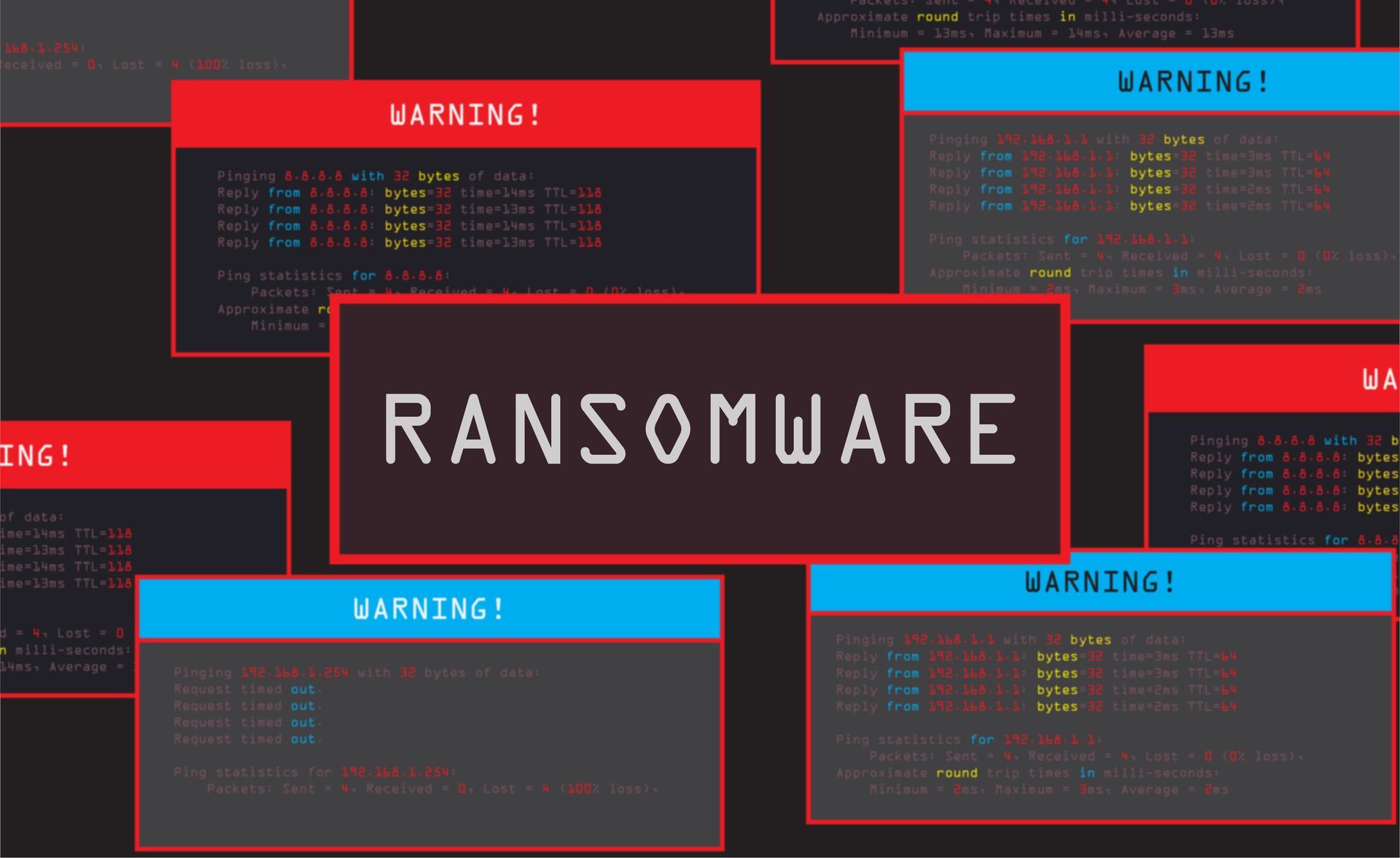8 Tech Tips for Smooth Traveling
The holiday season is here. This means traveling to see friends and family. You may even be planning to visit a foreign city as a tourist. While you are preparing to enjoy your holiday, you should also plan for the journey by getting necessary items and also consider tech tips for safe traveling.
Granted that technology has made it easier to navigate new territories, browse local offers or book flights and hotels, it also comes with a lot of vulnerability. Your laptops and phones that are very useful may open you up to unexpected security risks while traveling.
We have collected some tech tips that will make your holiday travel enjoyable and help you stay safe while traveling.
1. Use Electrical Outlets for Charging
It is common to find USB charging points in public space these days. While they make charging easier, they are also targets for hackers who want to steal your data.
Using a technique called juice jacking, hackers can modify USB charging points to install malware onto your device and steal your data. Plugging your device into a compromised charging station can get it hacked.
Since you cannot tell the difference between a safe and compromised USB charging ports, it is better to always plug your device directly into an electrical outlet rather than USB ports.
2. Block Access to Unknown Device
When you connect your Android or iPhone to a computer, you will usually be prompted to allow data access. Do not allow such access on public computers in café or other public spaces. Doing so will give the computer free access to download all the data on your phones or tablets.
3. Delete Personal Data from Rental Cars
The convenience features in cars help you connect your device for entertainment and connectivity functions. However, such a connection may involve the transfer of personal information such as call history, phone usage history, and service account details.
You don’t want that information ending up in the wrong hands. Delete all your devices’ history on the car Bluetooth or other connections before returning a rented car.
4. Be Careful of Public Wi-Fi Hotspot
Public Wi-fi hotspots are a feature of modern life. They help you stay connected to the internet and network wherever you go.
These hotspots are also prone to abuse by cybercriminals who target unsuspecting users. You could be lured into connecting to a honeypot (a hotspot set up by hackers). Hackers can also sit between you and the real network where they can sniff account details from your browser and apps.
If you must use public WiFi while traveling, always use a VPN on it and also avoid logging into sensitive accounts such as banking apps.
5. Travel with Universal Chargers, Plug Adapters, and Cables
Before starting your trip, get yourself a universal charger that is compatible with your smartphones. The international charger can work with different terminals. This will save you from searching for new chargers as you travel from one location to another.
The USB-Type C cable is seeing widespread adoption among device manufacturers which means you only need one charger for multiple devices.
Smartphones require lower power output (about 18W) compared to laptops and macs(45W and above). There are light powerful chargers with the right specification that can charge your phones as well as laptops.
To connect your mobile devices to a laptop or a car terminal, you may need various USB converters such as USB Type-C to USB Type-C and USB-A to USB-C adapters.
6. Use a Data Blocking Adapter
There are times when you must connect your mobile devices to a USB terminal. To reduce the security risk, use a data blocking adapter as an intermediary between the ports and your phone so that no data is transmitted from your phone even if the charging port is compromised.
7. Carry a Backup Power Source
Some of the places to enjoy a quiet time during your holidays may not have a power supply. For example, while hiking or camping in a forest. This is where the battery pack comes in handy. With a battery pack, you can recharge your devices without a power source until you get back to your base. There are compact options available if you are worried about carrying an extra load.
8. Activate Your Device Security
The stress of traveling, especially when going to a new place can make you misplace your items including mobile devices. You can also become distracted and not know when your device gets stolen.
Given that mobile phones have replaced many desktop functions; your device will contain sensitive or private information.
To protect your data, always activate the full security lock system. This will prevent your data from being stolen if your phone or tablet falls into the wrong hands.
Traveling to see your loved one or going on a family vacation can be an enjoyable experience. To have a hitch-free journey, you must carry along the necessary items and take your gadgets’ security seriously.
The post 8 Tech Tips for Smooth Traveling appeared first on SDTEK | San Diego, CA.



